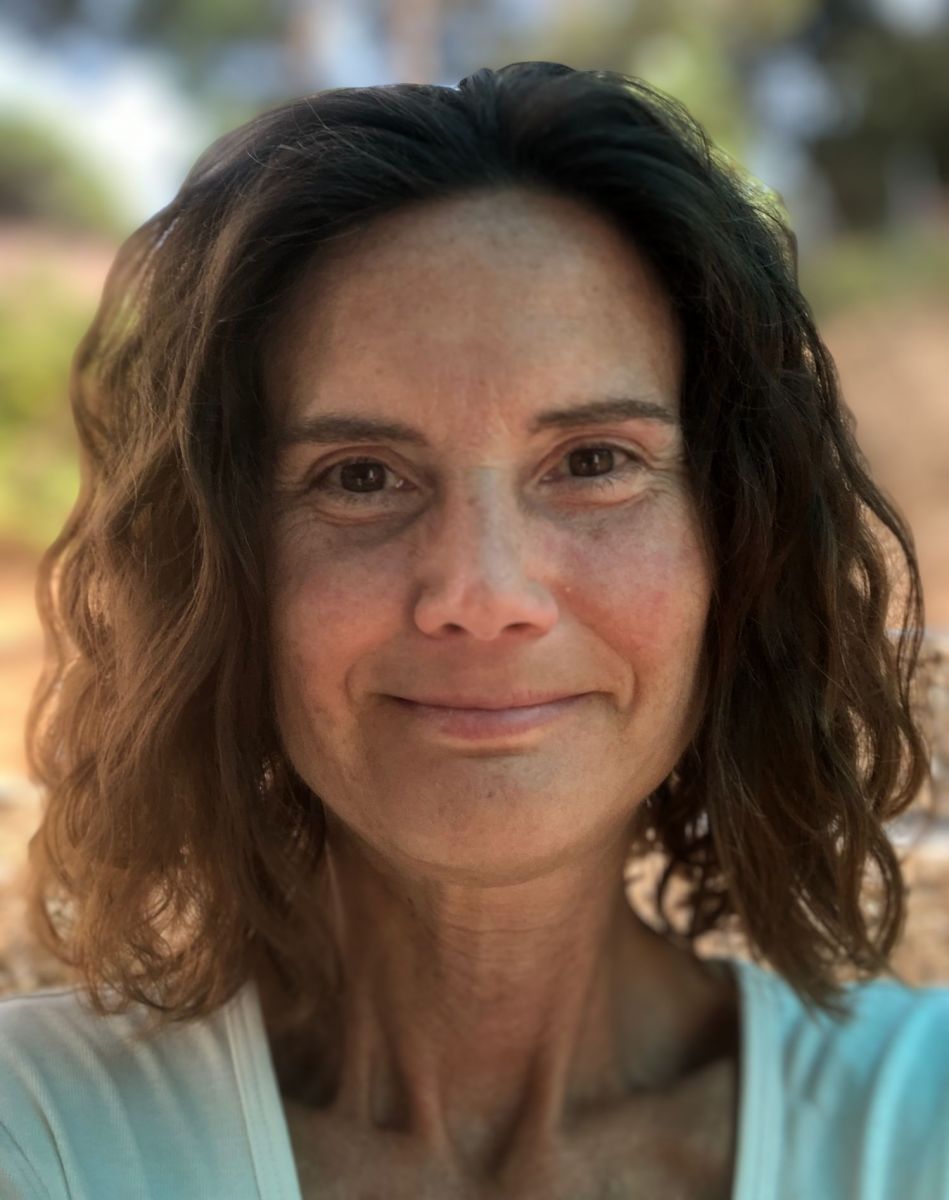Friday 12 th September 2014
 In our modern and developed Western society, most people have plenty of food. Even the poor can go to community centers where they do not lack food. How do we explain then that there are so many nutrient deficiencies?
In our modern and developed Western society, most people have plenty of food. Even the poor can go to community centers where they do not lack food. How do we explain then that there are so many nutrient deficiencies?Wednesday 20 th August 2014
 In summer we often feel like eating fruit: it is refreshing, sweet and a healthy choice for snacks and breakfast. Fruits provide valuable vitamins, minerals; they are detoxifying, antioxidant and help to regulate the digestion, etc.
In summer we often feel like eating fruit: it is refreshing, sweet and a healthy choice for snacks and breakfast. Fruits provide valuable vitamins, minerals; they are detoxifying, antioxidant and help to regulate the digestion, etc. It’s a very valuable food, furthermore, some people can suffer some discomfort and even more serious gastro-intestinal disorders when eating some kind of fruits, they can have some intolerances or allergies.
However, there are many questions that arise when it comes to eating them. How should we eat them: with or without their peel, before or after meals, fruit juice or whole fruit, etc.?
Monday 11 th August 2014
 In Living Fully Nourished method, once we have identified the changes that need to be made, we will face the most difficult part: implementing them. It is the hardest part indeed, as changing our current diet or your lifestyle normally involves many sacrifices and there are numerous obstacles that may prevent us from carrying out the initial good intentions.
In Living Fully Nourished method, once we have identified the changes that need to be made, we will face the most difficult part: implementing them. It is the hardest part indeed, as changing our current diet or your lifestyle normally involves many sacrifices and there are numerous obstacles that may prevent us from carrying out the initial good intentions.These are mainly the lack of time, food addictions, family conflicts, lack of financial resources, lack of perseverance and lack of confidence in the diet. However, in the case of most of these obstacles, it is possible to find a solution.
Thursday 26 th June 2014
 Saturated Fats get a very bad press. In general, they are associated with arteriosclerosis and cardiovascular diseases, as well as having a reputation for making you fat. But some nutritionists have a completely different opinion, and believe that saturated fats are necessary for good health. Which of the two opinions is right? What are the arguments supporting each of the two opinions?
Saturated Fats get a very bad press. In general, they are associated with arteriosclerosis and cardiovascular diseases, as well as having a reputation for making you fat. But some nutritionists have a completely different opinion, and believe that saturated fats are necessary for good health. Which of the two opinions is right? What are the arguments supporting each of the two opinions?Tuesday 17 th June 2014
 Once we have identified through the first two principles of the Living Fully Nourished method which physical or emotional agents are attacking our health and making our body suffer, the next step is to find the means of preventing the toxic source and to address the deficiencies. For example, we will have to proceed to a security removal of amalgams, to establish an intolerance-free diet and to seek alternative therapies to overcome deficiencies in certain dimensions of ourselves.
Once we have identified through the first two principles of the Living Fully Nourished method which physical or emotional agents are attacking our health and making our body suffer, the next step is to find the means of preventing the toxic source and to address the deficiencies. For example, we will have to proceed to a security removal of amalgams, to establish an intolerance-free diet and to seek alternative therapies to overcome deficiencies in certain dimensions of ourselves.At the same time, we will have to work on strengthening our bodies so that they can tolerate those attacks that can’t be completely avoided, such as environmental pollution. In addition, we will have to minimize the amount as well as the degree of food intolerances.

 Gemma Calzada is a Holistic Nutritionist Ph.D. and a certified GAPS practitioner, accredited by ASCA. Her mission is to improve health through nutrition and to help people suffering from a dietary intolerance to live happily.
Gemma Calzada is a Holistic Nutritionist Ph.D. and a certified GAPS practitioner, accredited by ASCA. Her mission is to improve health through nutrition and to help people suffering from a dietary intolerance to live happily. 
